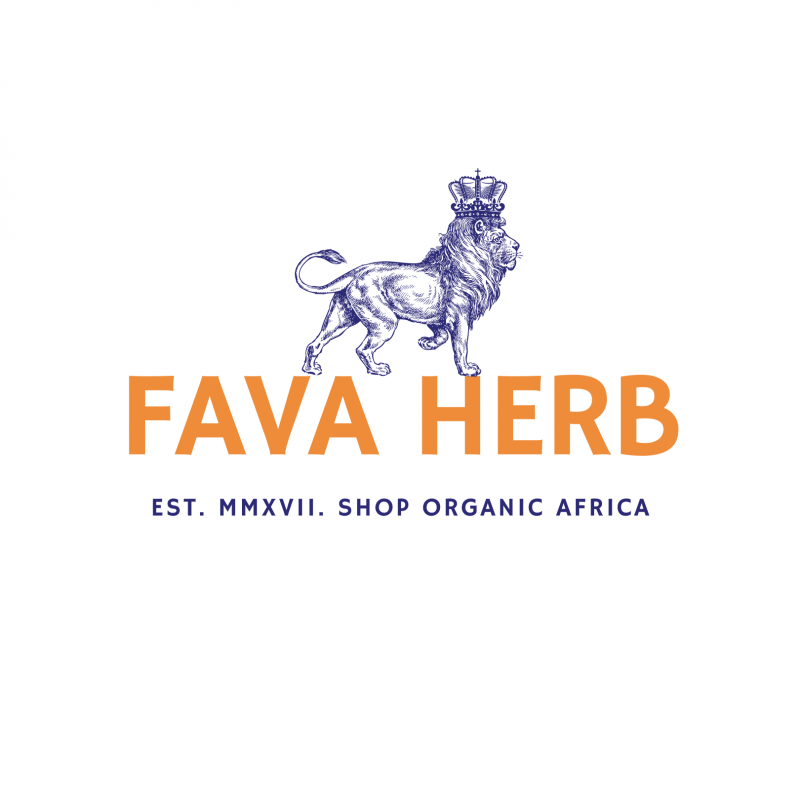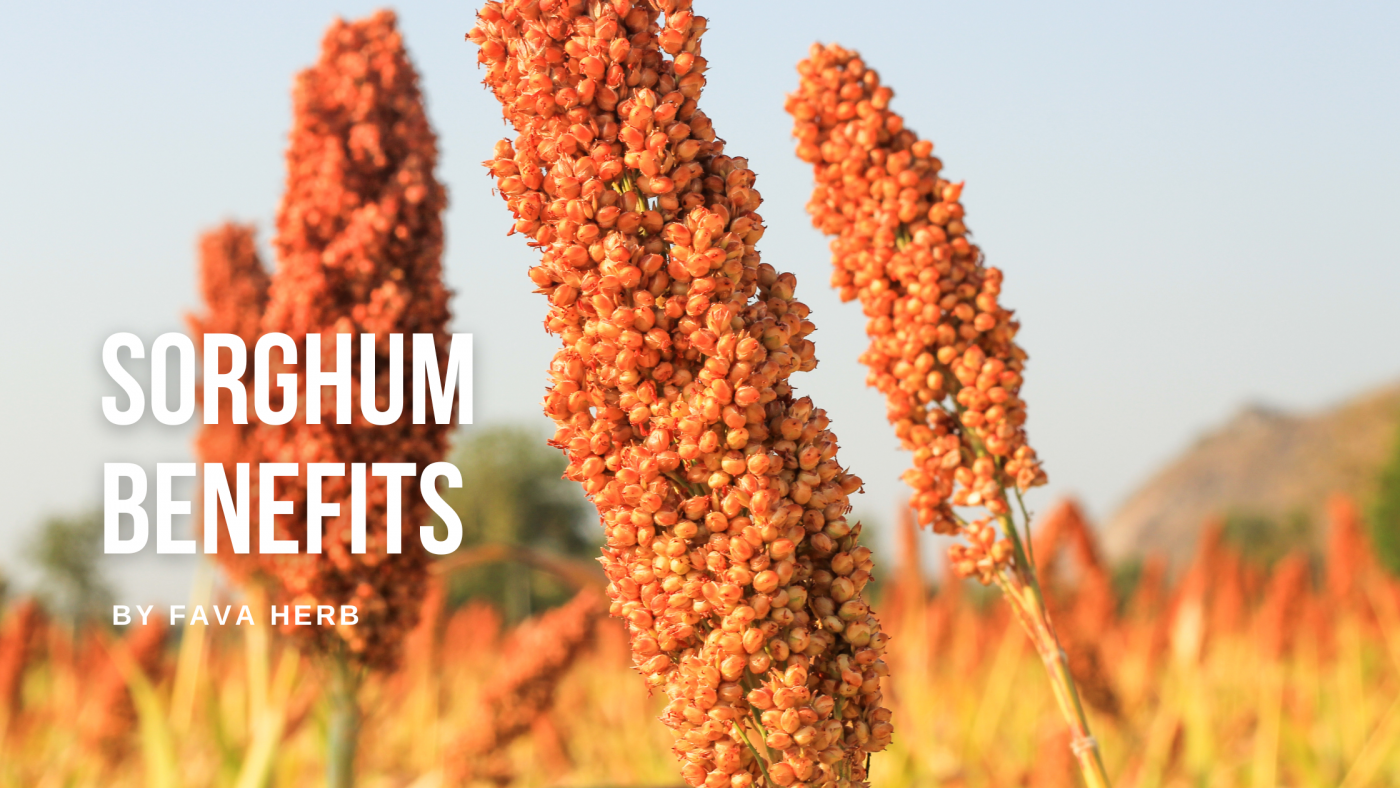Uncategorized
Sorghum: The Ancient Grain Fueling Modern Health and Sustainability
Sorghum (Sorghum bicolor) is one of the world’s oldest cultivated grains, tracing its origins back over 5,000 years to northeastern Africa. Today, it remains a vital crop for millions, especially across Africa, Asia, and parts of the Americas. With its drought tolerance, nutritional density, and versatility, sorghum is gaining renewed interest as both a super grain and a climate-smart crop.
Nutritional Powerhouse
Sorghum is packed with essential nutrients, making it a valuable addition to balanced diets.
1. High in Complex Carbohydrates
Sorghum provides sustained energy due to its slow-digesting starches. Its high fiber content helps regulate blood sugar levels and supports long-lasting satiety, making it ideal for individuals managing diabetes or weight concerns.
2. Rich in Protein and Plant-Based Iron
A cup of cooked sorghum contains about 11 grams of protein and notable amounts of iron, helping support muscle function, oxygen transport, and immune defense. When paired with legumes, it forms a complete protein, perfect for vegetarian and vegan diets.
3. Packed with Antioxidants
Particularly in pigmented varieties (red, purple, black), sorghum is rich in antioxidants such as tannins, phenolic acids, and anthocyanins. These compounds protect against oxidative stress, reduce inflammation, and may lower the risk of chronic diseases like heart disease and certain cancers.
4. Source of B Vitamins and Minerals
Sorghum contributes niacin, thiamine, magnesium, phosphorus, and zinc, supporting metabolic health, bone strength, and nervous system function.
5. Gluten-Free by Nature
Sorghum is naturally gluten-free, making it a safe and nourishing alternative for individuals with celiac disease or gluten sensitivity. Sorghum flour is commonly used in baking, porridges, and gluten-free snack products.
Book: Returning To Nature’s Ancient Pharmacy -An African Approach To Natural Remedies
What You’ll Discover:
- Daily Herbal Remedies backed by Scripture and tradition
- Natural healing foods like raw honey, fermented drinks, and superfruits
- Uses of animal fats like tallow, ghee, and bone broth
- African healing plants like hibiscus, tamarind, and baobab
- Teas and Adaptogens for stress, energy, and hormone balance
- Spiritual insights on God’s design for healing and wellness
- Practical recipes, homemade remedies, and devotional reflection
Health Benefits of Sorghum
Improves Digestive Health
Thanks to its high insoluble fiber content, sorghum supports regular bowel movements, reduces constipation, and fosters a healthy gut microbiome.
Supports Heart Health
Sorghum’s fiber and antioxidant profile help reduce LDL cholesterol, regulate blood pressure, and protect blood vessels from oxidative damage.
Stabilizes Blood Sugar
The slow-release carbohydrates and polyphenols in sorghum help control blood glucose levels, making it a good choice for those managing or preventing type 2 diabetes.
Supports Weight Management
Its fiber and protein content promote satiety, reduce hunger, and may help reduce calorie intake over time.
May Help Reduce Inflammation
Antioxidants in sorghum have anti-inflammatory properties, potentially aiding in the prevention of chronic conditions like arthritis and metabolic syndrome.
Culinary Versatility
Sorghum can be prepared in multiple forms:
- Whole grain: boiled like rice or quinoa
- Flour: used for baking flatbreads, cakes, or pancakes
- Syrup: traditional sweetener, especially in Southern U.S. cuisine
- Popped: like popcorn, for a crunchy snack
- Malted: used in beer, porridge, and weaning foods
In Africa, sorghum is a key ingredient in dishes like ugali, kisra, injera, and fermented porridges. It’s also used to brew traditional beers and spirits in various cultures.
Climate Resilience and Food Security
Sorghum is a champion crop for food sovereignty and sustainable agriculture:
- Thrives in hot, arid, and drought-prone regions
- Requires minimal irrigation and chemical input
- Grows on marginal soils with low fertility
- Offers high yields even under extreme conditions
Its resilience makes it a vital crop in the fight against hunger and climate change, especially in areas facing erratic rainfall and soil degradation.
Final Thoughts
Sorghum is more than a grain; it’s a legacy of resilience, nourishment, and cultural significance. As the world searches for sustainable and nutritious food sources, sorghum stands tall—rooted in ancient traditions yet perfectly suited for modern needs. Whether on your plate as a hearty porridge or baked into gluten-free bread, sorghum delivers nourishment with a purpose.




